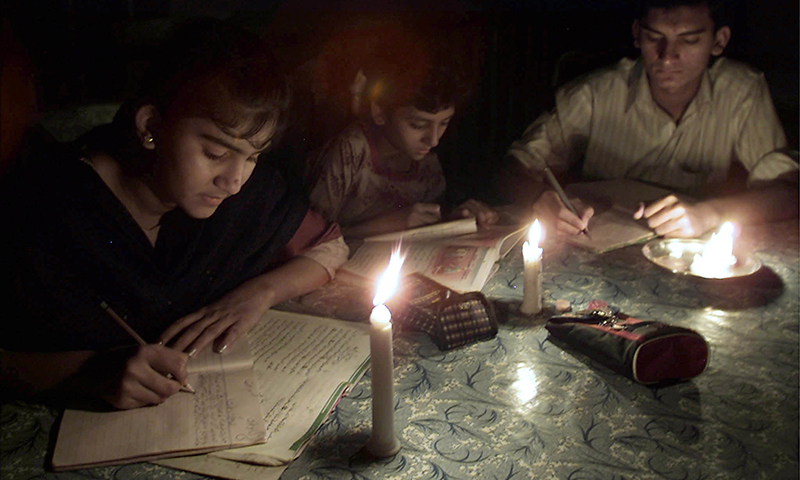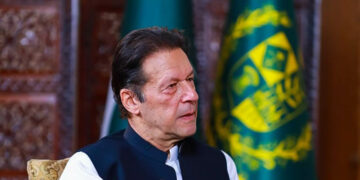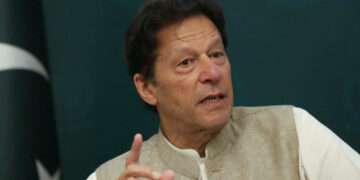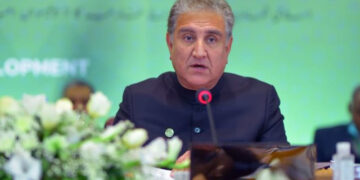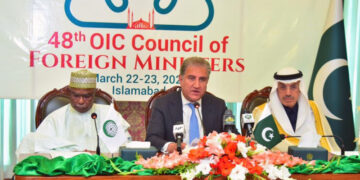Since they live it for a fact, it may not be news to people at large that the Ministry of Water and Power has emerged “the least performing ministry” in the prime minister’s review of the performance of selected federal ministries.
[contentblock id=1 img=adsense.png]
Islamabad-based think tank Policy Research Institute of Market Economy (PRIME), which surmised that from the performance reports submitted by 10 key ministries to Prime Minister Nawaz Sharif for their efficiency audit in relation to the PML-N manifesto, said the Water and Power Ministry scored only 1 on an efficiency scale of 10. In its report PRIME noted that inability of the ministry to effectively manage electricity shortfall and lack of progress in corporatisation and privatisation of DISCOs (power distribution companies), replacing furnace oil boilers by coal fired boilers and reducing line losses, contributed in it getting such a low score. Ministry of Petroleum and Natural Resources did a little better by scoring two out of the 10 point. Its main failure was to reform Oil and Gas Regulatory Authority (Ogra) – one of the top most goals in PML-N manifesto.
Same two points were scored by the Ministry of Industries and Production, the Ministry of Housing and Works and the Ministry of Planning, Development and Reforms. “No tangible progress has been seen in the improvement of performance of industries, [contentblock id=2 img=gcb.png]while the housing ministry failed to show on the ground for the low-income housing target the PML-N manifesto and despite money provided for the purpose in the Federal Budget 2014-15,” said the think tank review. PRIME identified the manifesto targets related to each ministry and then traced the steps taken by respective ministries towards the implementation of these goals from June 2013 to July 2014. According to the think tank the Ministry of Information Technology and Telecommunication emerged the best performing ministry, with a score of 6, for it accomplished “the major goals of auctioning 3G and 4G licences which helped the national exchequer earn $1.18 billion”.
Prime Minister Nawaz Sharif reviewed the performance of the finance ministry, petroleum ministry, Ministry of Water and Power; commerce ministry, Ministry of Industries and Production, Ministry of Housing and Works, Ministry of Communication, Ministry of Planning, Development and Reforms, the railways ministry and the Ministry of IT and Telecommunications. Ministry of Railway, with a score of 3, took fifth position in fulfilling the goals set in the PML-N manifesto. However, the PRIME review noted that “the main goal of setting of Autonomous Board to improve the performance of Pakistan Railways is yet to see light of the day.” It said the finance ministry earned a score of 4, mentioning the ministry’s inability to implement tangible tax reforms and permanently eliminate circular debt.
[contentblock id=3 img=adsense.png]
Construction of the ongoing National Trade Corridors and Mass Transit Facilities in all major cities earned also a score of 4 to the Ministry of Communication. The Ministry of Commerce came next, with a score of 5 by carrying out the government’s clear policy directives and institutional reforms towards regional trade and setting up of EXIM Bank. Ali Salman, Executive Director of PRIME, said that the performance of the government declined during the July-September 2014 quarter by one point, in comparison with its performance during the previous quarter. He attributed the decline mainly to the poor performance in the energy sector, a responsibility of the ministries of water and power, and petroleum and gas.


